Here’s all you need to know about why weed was banned in our country earlier and if India can, if at all, legalise it anytime soon.
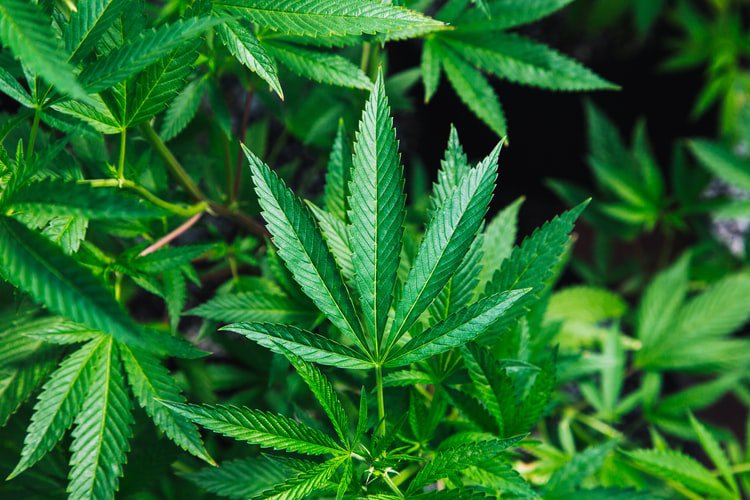
Up until 1985, weed was legal in India. But after the international treaty ‘Single Convention on Narcotic Drugs’, influenced by the American outlook on the usage and harmful effects of marijuana, the world’s perspective of cannabis started changing. Passed in 1961, it required nations to classify marijuana as a dangerous drug.
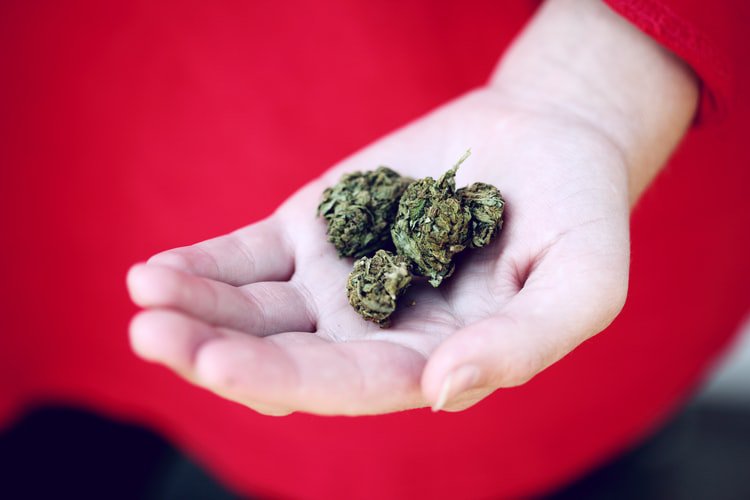
The 1961 convention was the first-ever international treaty to have clubbed cannabis with hard drugs and imposed a blanket ban on their production and supply except for medicinal and research purposes.
The final weed ban in the country came in 1985 after the 1961 treaty had given India 25 years to clamp down on recreational drugs.
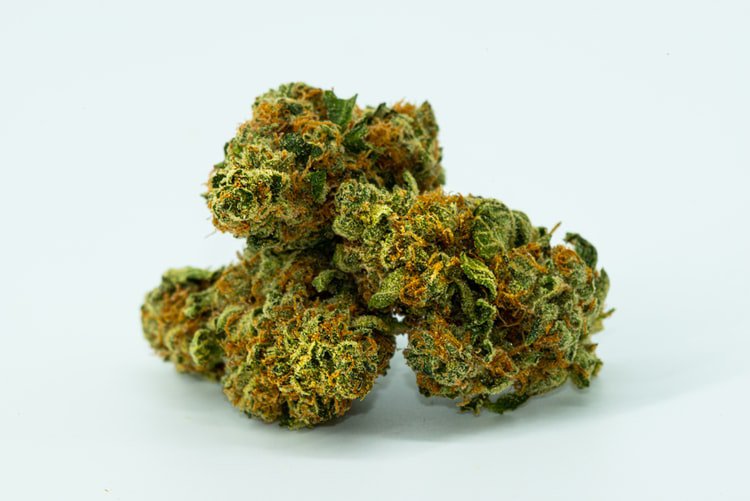
The Rajiv Gandhi led government passed the Narcotic Drugs and Psychotropic Substances (NDPS) Act in 1985 which banned the production and sale of cannabis resin and flowers, but permitted the use of the leaves and seeds, allowing the states to regulate it, sparing the leaves and seeds from the stigma of being classified as illegal.
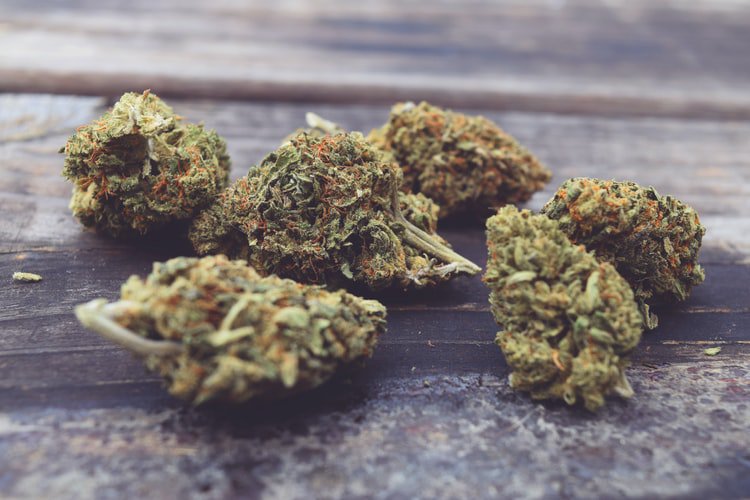
This is also the reason why cannabis laws are different for different states. For the start, it is not accurate that cannabis is harmless. Its immediate effects include impairments in memory and in mental processes.
Long-term use of cannabis may lead to the development of addiction of the substance, persistent cognitive deficits, and of mental health problems like schizophrenia, depression and anxiety. Exposure to cannabis in adolescence can alter brain development.
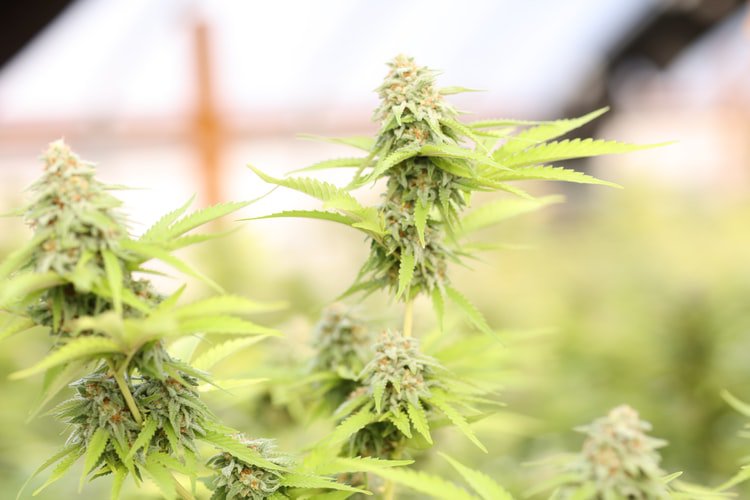
Legalisation is believed to worsen our overburdened healthcare system. India has been struggling to control the three addictive substances of tobacco, alcohol and areca nuts.
As per the Global Adult Tobacco Survey, 270 million Indians use tobacco and it kills around 1.35 million Indians every year. Nearly 30% of India’s adult population is using alcohol which leads to 3.3 million deaths.
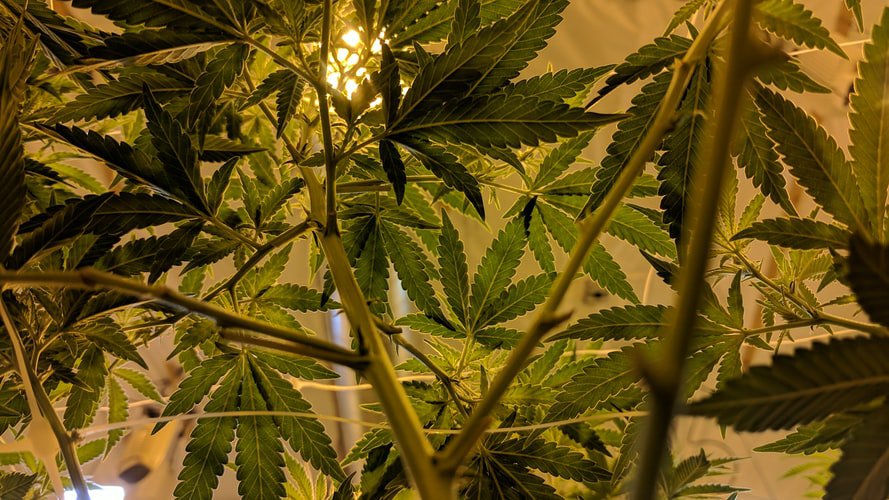
Introduction of another psychoactive drug is believed to cause more issues since our population already struggles with tobacco, alcohol and pan masala.
Predatory marketing of cannabis companies will hit the vulnerable population most, such as youth, poor, insecure, illiterate. Once introduced, it will establish a big market that would make subsequent tighter regulations impossible.
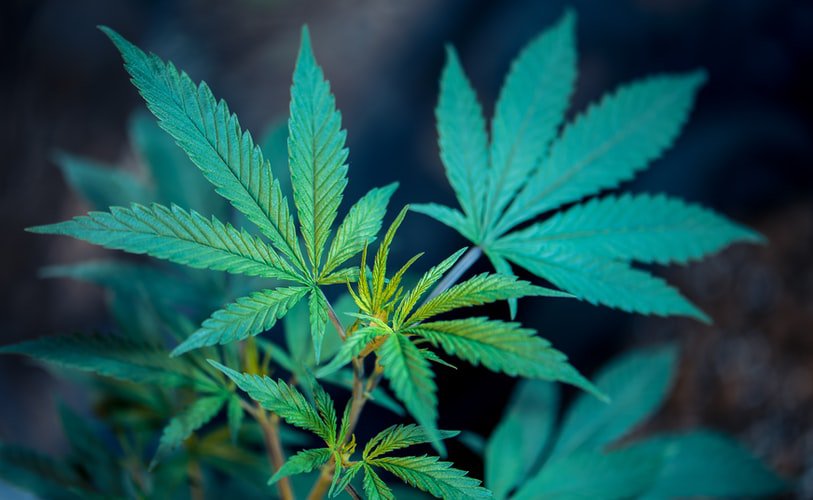
Experts believe that while India could decriminalise cannabis, it must forbid commercialisation and in addition, ensure that there are enough protections for children, the young, and those with severe mental illnesses, who are most vulnerable to its effects.

















